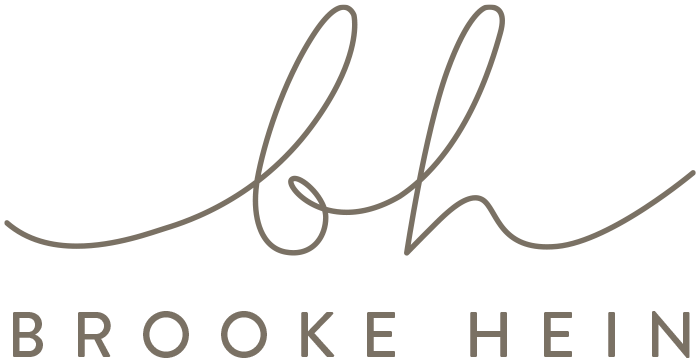Why you’re arguing all wrong + 5 lessons to utilize in conflict
Disagreement is ok - healthy, actually. So, why do so many disagreements turn into ugly, name-calling battlegrounds? It starts with deciding that the difference in opinion is unacceptable and therefore you must change their mind. Buster Benson, author of Why Are We Yelling?, explains:
A mind is more like a pile of millions of little rocks than a single big boulder. To change a mind, we need to carry thousands of little rocks from one pile to another, one at a time. This is because our brains don’t know how to rewire a full belief in one big haul. New neuron paths aren’t created that quickly. You might be able to get a tiny percent of someone’s mind to rewire to a new belief in a given conversation, but minds change slowly and in unpredictable ways. You might be changing it in the wrong direction.
Lesson #1: Don’t enter into disagreement with the intention to “win” or to change someone’s mind.
Many of our choices, actions, words, and opinions are formed by bias — the brain's tendency to simplify the world. Other times by anxiety and scarcity. Benson encourages us to pay attention here for two reasons. First, it can serve as a road map to three internal voices that show up in disagreement: the voice of power, the voice of reason, and the voice of avoidance. The voice of power uses force, declaring “because I said so!”, to win an argument. The voice of reason uses logic, declaring “prove it!”, to win an argument. The voice of avoidance, well, avoids the argument entirely🤐. Second, we may be seeking out arguments for the wrong reasons. “If your only goal in a disagreement is to increase security, either by battling threats or by minimizing conflict within a certain environment, you will never ask wide-open questions that enlist everyone in a collaboration towards growth, connection, and enjoyment”.
Lesson #2: Engage your internal voices and notice where anxiety bubbles up as you navigate a disagreement.
The fourth internal voice is the voice of possibility. This voice asks, “what am I missing?” This voice is productive - it’s not seeking to win, to stifle, or to control. Benson suggests we seek to understand where the heart of the disagreement lies: is this about what’s true, what’s meaningful, or what’s useful? You can also think about this as the what, the why, and the how. Or the head, the heart, and the hands.
The head, the “what” 🧠: the realm of information and science that requires data and evidence to come to a ‘yes’ or ‘no’ conclusion in order to resolve the conflict.
The heart, the “why”🧡: the realm of preferences and values that is resolved through personal taste, ability to relate, and appreciation for different kinds of narratives.
The hands, the “how”✋: the realm of practicality and planning in which the resolution is measured by its utility to all parties involved in the conflict.
Lesson #3: Clarify if this is about what’s true, what’s meaningful, or what’s useful.
This requires curiosity rather than self-righteousness. And sometimes there’s nothing a person wants more than to yell at the top of their lungs, “you’re wrong and you’re a terrible person!” But people are complex and as Benson notes, there’s more to a disagreement than who is right. So, here are a couple open-ended questions we can ask instead:
What events in your life brought you to this belief?
What’s complicated about your position here that people don’t usually notice at first?
What would have to be true for you to change your mind about this?
Lesson #4: Be curious and seek to understand.
In fact, “Socrates taught that the true goal of dialogue was to reach moments of aporia—not to decide or become certain or be proven right but to realize that you don’t actually know what you’re talking about”. What would dialogue look like if we actively sought to prove ourselves wrong? Benson argues we would no longer look for ‘low hanging fruit’ - the people that are easiest to pick off and trample - but would seek the most well-informed, sound sources. We might gain insight. We might connect with someone. In fact, we might enjoy ourselves! Who knew that was even possible?
